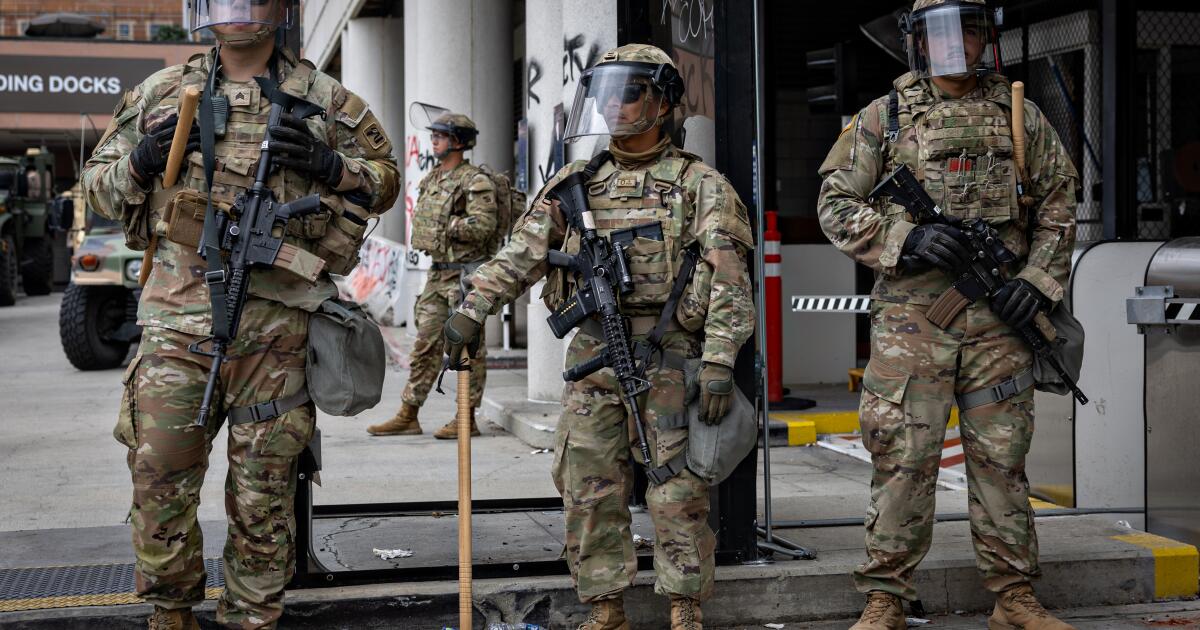

Top headlines of the week, April 25 2025
Here are some stories you may have missed this week in central Ohio.
- Numerous lawsuits are challenging the Trump administration’s actions across various sectors.
- Columbus and other entities have sued over funding cuts to healthcare, impacting infectious disease programs.
After 100 days in office, the second term of President Donald Trump has led to an unprecedented attempt to reshape the federal government, targeted actions against universities regarding DEI-policies, and the detainment and deportation of hundreds, including U.S. citizens.
The often chaotic first months of his term also resulted in hundreds of lawsuits around the country challenging the administration’s policies and executive orders on everything from revoking student visas to canceling grants for urban tree planting.
Here are lawsuits in which the city of Columbus, the state of Ohio, students at Ohio universities or Ohio businesses and organizations have filed or joined as of April 30.
Columbus joins suit against RFK Jr. over stripped measles funding
Columbus City Attorney Zach Klein joined the AFL-CIO and the cities of Nashville, Kansas City and Harris County, Texas, to sue Secretary of the Department of Health and Human Services Robert F. Kennedy Jr. and the department and the Centers for Disease Control about more than $11 billion in funding cuts related to infectious disease programs.
The lawsuit, filed in the U.S. District Court for the District of Columbia, says more than $3.1 million in funding for Columbus Public Health was part of the cuts. That funding loss resulted in 11 infectious disease workers losing their jobs.
Because of the outbreaks of potentially deadly measles cases in Ohio and other states, the lawsuit accuses the federal agencies of violating the U.S. Constitution by terminating funding that had already received congressional approval.
Columbus tabletop game maker sues over tariffs
Columbus-based tabletop game maker Rookie Mage Gamesalong with at least four other small business game makers, filed a lawsuit against the Trump administration relating to tariffs.
The lawsuit was filed in the U.S. Court of International Trade and is asking for recently imposed 145% tariffs on China to be overturned.
The lawsuit says the on-again, off-again tariffs explicitly threaten the ability of the game makers to maintain their businesses because China is the only country that produces some of the small inventory and smaller press runs that smaller game makers use.
The tabletop game market experienced an explosion of growth in recent years, and industry experts fear the tariffs will stymie its value, which was projected to expand from $19.5 billion in 2024 to $34.1 billion by 2023, according to a February study by Research and Markets.
Students from Ohio universities fight to stay in the U.S.
U.S. District Court Judge Tanya Chutkanordered the administration to restore the status of Ohio State University graduate student Ahwar Sultanto active in the Student and Exchange Visitor Information System (SEVIS).
Sultan had sued the administration in the U.S. District Court for the District of Columbia after learning his visa was revoked.He said the move was targeted retaliation for participation in pro-Palestine protestson the university’s campus in 2024.
Sultan was one of about three dozen students arrested during the protests, but his charges were later dismissed and expunged from his record.
Another graduate student at Ohio State, Prasanna Oruganti, sued the Trump administration after herimmigration status was terminated. Orugantifiled her lawsuit in the U.S. Court for the Southern District of Ohio, where Judge Algenon Marbley ordered the administration to reinstate her visa status.
Jiarong Ouyang,a doctoral candidate at the University of Cincinnatiand several other students from China sued the administration through a California court after their immigration statuses were canceled. Ouyang was arrested for misdemeanor domestic violence in 2019, the Cincinnati Enquirer reported, but the charge was later dismissed, and Ouyang was never convicted of a crime.
Youngstown State University graduateCynderila Patrick, a Nigerian citizen now living in Marylandalso filed a lawsuit in the Northern District of Ohio after her student visa was revoked. According to her lawsuit, she needs that visa to obtain a permit and use her degree to work in the U.S.
According to the lawsuit, Patrickwas chargedwith fourth-degree misdemeanor menacing in January 2024, but the chargewas dismissedseveral months later.
A person, identified only as “D.B.,” who graduated from a Texas college in May 2024, filed an additional lawsuit in the Southern District of Ohio. The graduate lives in the Southern District of Ohio and works through “optional practical training,” which requires a valid student visa status.
“D.B.” has no prior criminal convictions and has not participated in any protests or other political activity while in the United States, according to court records.
U.S. District Court Judge Michael Watson granted a request for a temporary restraining order that restores D.B.’s student visa status.
Forestry grants to plant trees in low-income communities slashed
Columbusjoined a lawsuit filed in South Carolinathat challenges community grant cuts made by the Department of Government Efficiency, specifically a $500,000 U.S. Forest Service grant.
Most of the grant money for Columbus has alreadybeen spentto purchase and plant more than 1,000 trees in Linden and two other neighborhoods lacking tree canopy. The federal government has not reimbursed the money spent by the city.
Cuts to fair housing non-profits
A central Ohio based group is part of a class-action lawsuit filed in Massachusetts against the Trump administration and the Department of Government Efficiency.
Legal Aid of Southeast and Central Ohio (LASCO)which could lose more than $400,000 a year in grants, is not a named plaintiff in the suit but is a part of the class-action status.
The grants provided to LASCO through the Department of Housing and Urban Development are used to combat housing discrimination and enforce fair housing regulations.
Cleveland-basedFair Housing Center for Rights and Research is one of the named plaintiffs in the lawsuit, which calls the funding cuts “unlawful.”
On March 26, a temporary restraining order was granted, ordering the administration and DOGE to reinstate any funding that had already been cut and barring any additional cuts from taking place.
HIPAA regulations
The city attorney’s office filed motions in several cases in early 2025 to join lawsuits filed in Tennessee, Texas and Missouri to keep patient privacy regulations, called HIPAA, in place for patients who seek reproductive health services. The attorneys general of multiple states, including Ohio’s Dave Yost, had filed to repeal regulations that protect the privacy of patients. A repeal would, according to the filings from Columbus, allow government agencies, including law enforcement, access to health care information or track women seeking abortions.
Klein’s office said in its filings that should the regulations be rolled back, fewer people would seek out the care they need, particularly in instances of human trafficking, which puts people at risk.
While not directly involved in the lawsuits, the city of Columbus has also filed amicus briefs, or filings in support of the lawsuit, in other cases involving the Trump administration. This includes March briefs related to access for Medicaid recipients to reproductive healthcare through Planned Parenthood and the firing of thousands of probationary workers in the federal government.
Reporter Bethany Bruner can be reached at bbruner@gannett.com or on Bluesky at @bethanybruner.dispatch.com.



